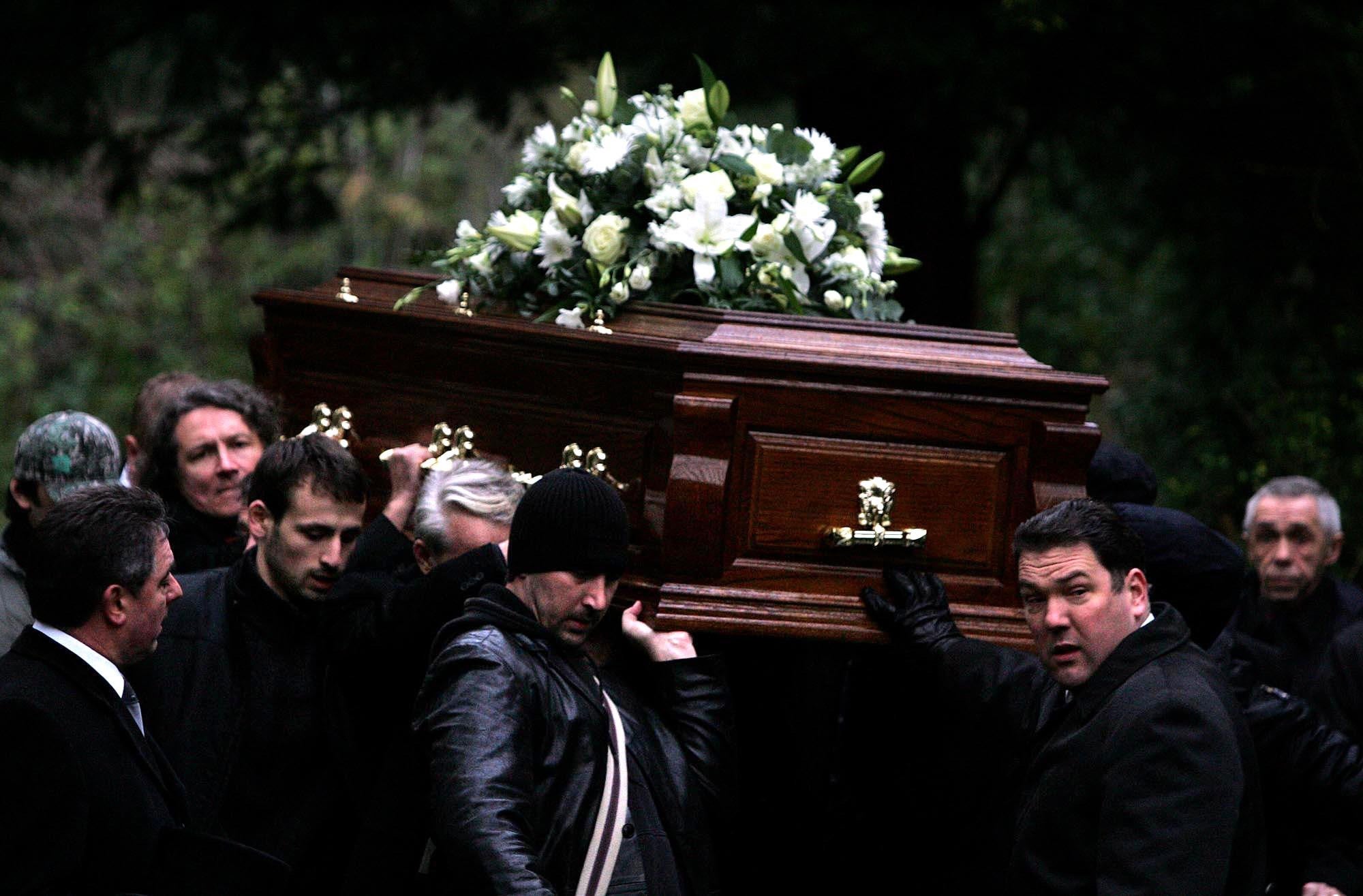Russian accused of killing Alexander Litvinenko reportedly dies from Covid-19
Dmitri Kovtun was one of two men who a UK inquiry ruled had laced the former Russian spy’s tea with a rare radioactive substance in 2006.

Your support helps us to tell the story
From reproductive rights to climate change to Big Tech, The Independent is on the ground when the story is developing. Whether it's investigating the financials of Elon Musk's pro-Trump PAC or producing our latest documentary, 'The A Word', which shines a light on the American women fighting for reproductive rights, we know how important it is to parse out the facts from the messaging.
At such a critical moment in US history, we need reporters on the ground. Your donation allows us to keep sending journalists to speak to both sides of the story.
The Independent is trusted by Americans across the entire political spectrum. And unlike many other quality news outlets, we choose not to lock Americans out of our reporting and analysis with paywalls. We believe quality journalism should be available to everyone, paid for by those who can afford it.
Your support makes all the difference.One of the men accused of killing former Russian spy Alexander Litvinenko in London has died of Covid-19 in Moscow, it has been widely reported.
Dmitri Kovtun was one of two men who a UK inquiry ruled had poisoned Mr Litvinenko’s tea with a rare radioactive substance in 2006.
In reports being attributed to Russian news agency Tass, Mr Kovtun is said to have contracted coronavirus before dying in a Moscow hospital.
Mr Kovtun, along with Andrei Lugovoi, was accused of being behind Mr Litvinenko’s assassination 16 years ago at the Millennium Hotel in Mayfair.
Reports said Tass cited Mr Lugovoi, now a member of Russia’s parliament, as saying he was mourning the death of a “close and faithful friend”.
A British public inquiry concluded in 2016 that the killing of the outspoken critic of Vladimir Putin, who died after drinking tea laced with radioactive polonium-210, had “probably” been carried out with the approval of the Russian President.
Headed by the former High Court judge Sir Robert Owen, the inquiry found the two Russian men – Mr Lugovoi and Mr Kovtun – had deliberately poisoned Mr Litvinenko by putting the radioactive substance into his drink at the central London hotel, leading to an agonising death.
The European Court of Human Rights (ECHR) also ruled last year, following a case brought by the deceased’s widow, Marina Litvinenko, that Russia was responsible for his killing.
Russia has always denied any involvement in the death and had refused to comply with international arrest warrants issued for Mr Kovtun and also Mr Lugovoi.
Sir Robert’s Litvinenko inquiry said the use of the radioactive substance – which could only have come from a nuclear reactor – was a “strong indicator” of state involvement and that the two men had probably been acting under the direction of the Russian security service the FSB, which Mr Litvinenko used to work for, as well as the KGB.
Possible motives included Mr Litvinenko’s work for British intelligence agencies after fleeing Russia, his criticism of the FSB, and his association with other Russian dissidents, while it was said there was also a “personal dimension” to the antagonism between him and Mr Putin.